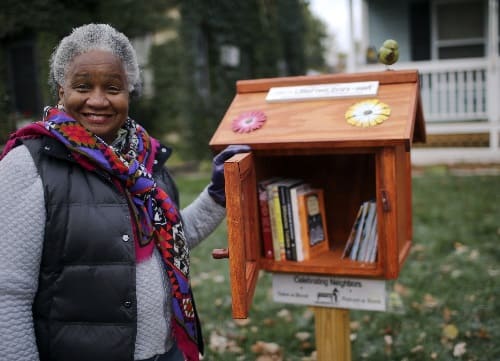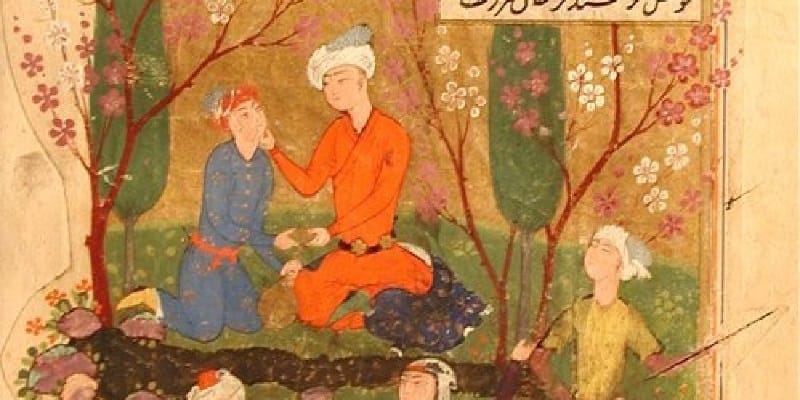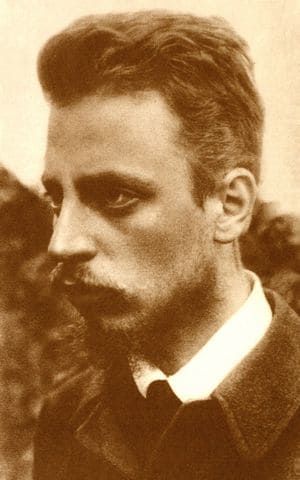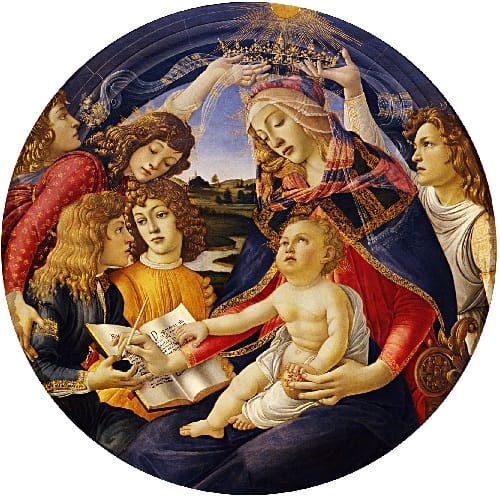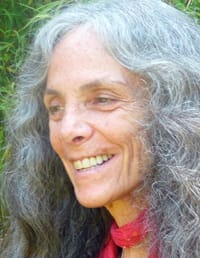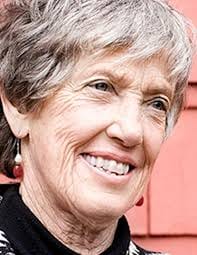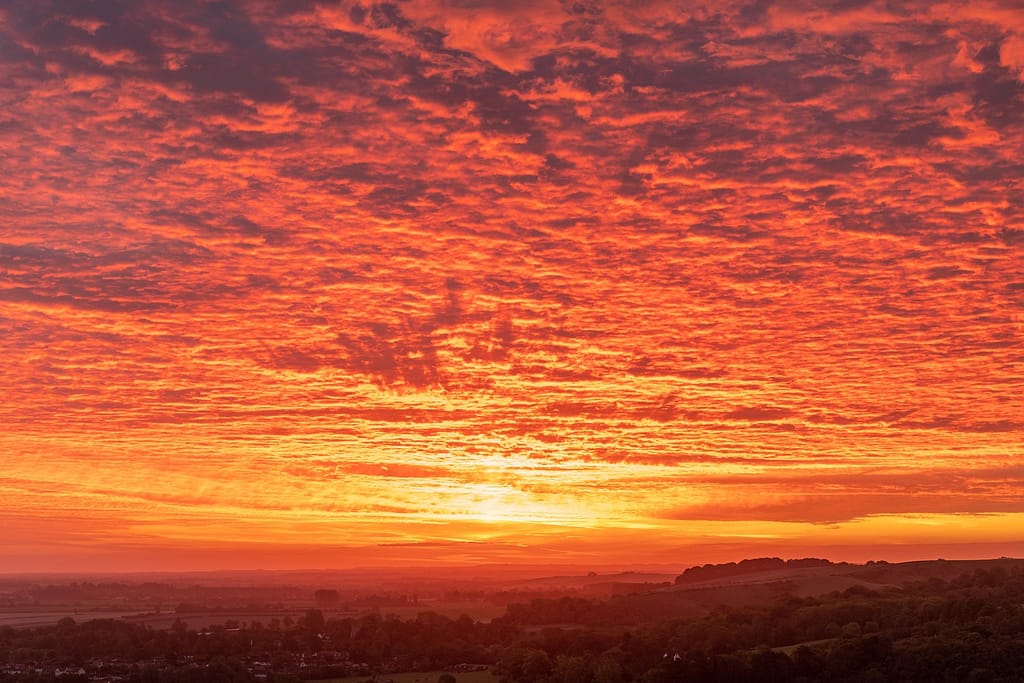
The community of the New Message from God has a gathering every two years. We have traditionally called them “Encampments” but we are disrupted this year by the pandemic. We have held an online event this year called the Summit. We prepared for the Summit by reading the recently released book, “The Worldwide Community of the New Message from God.” I consider this book to be a roadmap for how our community will move forward.
Can I carry so great a seed?
There is a portion in the chapter “Being a Person of the New Message” that touched me. The larger context of this passage is the work to be done in escaping the shadows of the past. There is work to be done to effectively serve a world in transition. Here is the passage:
“You are a person of a New Revelation, and you become unbound and unhindered by the past, for you are the seed bearer of the future. You are carrying the vessel of the future.”

I am recalling a poem by Rainer Maria Rilke (1875-1926) as I contemplate this passage. This poem is part of what has come to be known as “Rilke’s Book of Hours,” published in 1905. Here is the poem in German.
Du bist die Zukunft, großes Morgenrot
Du bist die Zukunft, großes Morgenrot
über den Ebenen der Ewigkeit.
Du bist der Hahnschrei nach der Nacht der Zeit,
der Tau, die Morgenmette und die Maid,
der fremde Mann, die Mutter und der Tod.
Du bist die sich verwandelnde Gestalt,
die immer einsam aus dem Schicksal ragt,
die unbejubelt bleibt und unbeklagt
und unbeschrieben wie ein wilder Wald.
Du bist der Dinge tiefer Inbegriff,
der seines Wesens letztes Wort verschweigt
und sich den Andern immer anders zeigt:
dem Schiff als Küste und dem Land als Schiff.
Here is the translation by Anita Barrows and Joanne Macy:
You are the future, The red sky before sunrise
Over the fields of time.
You are the cock’s crow when night is done,
You are the dew and the bells of matins,
Maiden, stranger, mother, death.
You create yourself in ever-changing shapes
That rise from the stuff of our days–
Unsung, unmourned, undescribed,
Like a forest we never knew.
You are the deep innerness of all things,
The last word that can never be spoken.
To each of us you reveal yourself differently:
To the ship as coastline, to the shore as a ship.
Can I carry so great a seed? I take joy in Rilke writing of the “deep innerness of all things,” No particular future is guaranteed. But the essence of everything can be approached. Can the world survive the difficult times ahead? Can humanity emerge into a greater community with its freedom intact? Can humanity keep Knowledge alive, when it has died in so many worlds? Can I carry so great a seed? All I know is that I must put forth my best effort.
Welcome to Mystery of Ascension! We are students and advocates of the the New Message from God. We are members of a worldwide community. We seek to assist the world in successfully navigating difficult times ahead. We seek to assist the world in successfully emerging into a greater community of intelligent life. You will also find some poetry. Find out more about us here. Contact us here.

